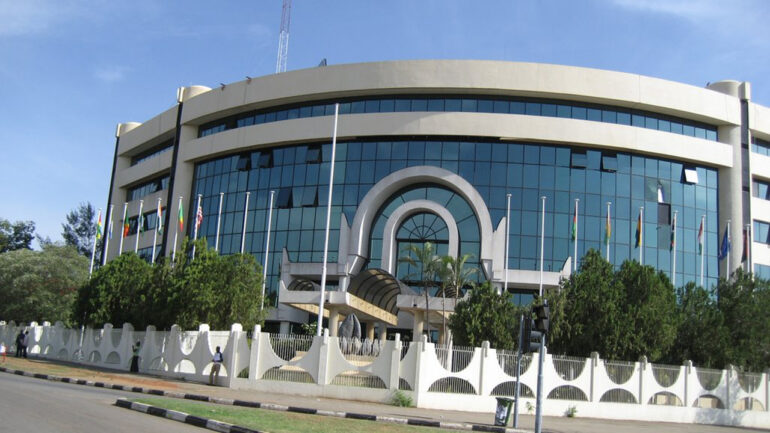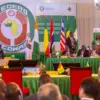The Economic Community of West African States (ECOWAS) has announced significant progress toward the launch of a single regional currency by 2027.
This development was revealed in a statement issued on Monday by Mohammed Manga, Director of Information and Public Relations at the Federal Ministry of Finance, as financial leaders gathered in Abuja for the 11th ECOWAS Convergence Council meeting.
The meeting, which brought together Ministers of Finance and Central Bank Governors, focused on strategies to accelerate the launch of the Eco currency, aimed at boosting economic integration and financial stability in West Africa.
In his address, Nigeria’s Minister of Finance and Coordinating Minister of the Economy, Wale Edun, emphasized the importance of monetary and fiscal discipline in realizing the Eco currency. He acknowledged the challenges posed by security issues, inflation, and global economic disruptions as key factors delaying full monetary convergence.
However, Edun pointed to Nigeria’s recent economic reforms as a positive step forward. These include foreign exchange market reforms aimed at stabilizing the naira, tax policy improvements to enhance revenue generation, and the removal of fuel subsidies to promote fiscal sustainability. According to the minister, these measures have contributed to a 3.4% GDP growth in 2024, creating a favorable foundation for regional economic stability.
Beyond national efforts, Edun highlighted the critical need for stronger regional economic coordination and ECOWAS’ role in shaping global financial policies. He also underscored the ongoing engagements with South Africa’s G20 presidency as an opportunity to align West Africa’s economic objectives with broader continental goals.
“This is our opportunity to shape the future of our region,” Edun said. “We must collaborate to drive economic stability, growth, and prosperity.”
The proposed Eco currency aims to foster deeper economic integration among ECOWAS member states by creating a unified payment system that facilitates trade, enhances price stability, reduces inflationary pressures, and attracts foreign direct investment (FDI). The currency will also improve cross-border transactions, making it easier for businesses to operate seamlessly across West Africa.


